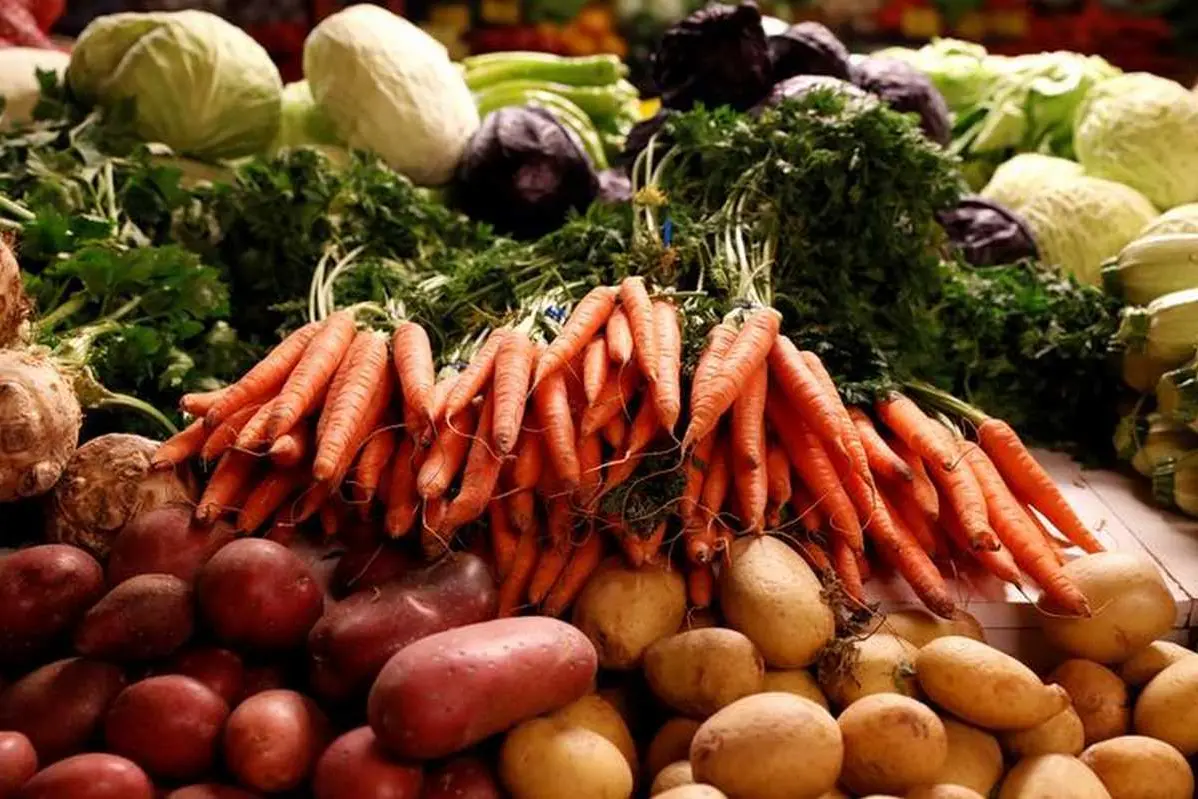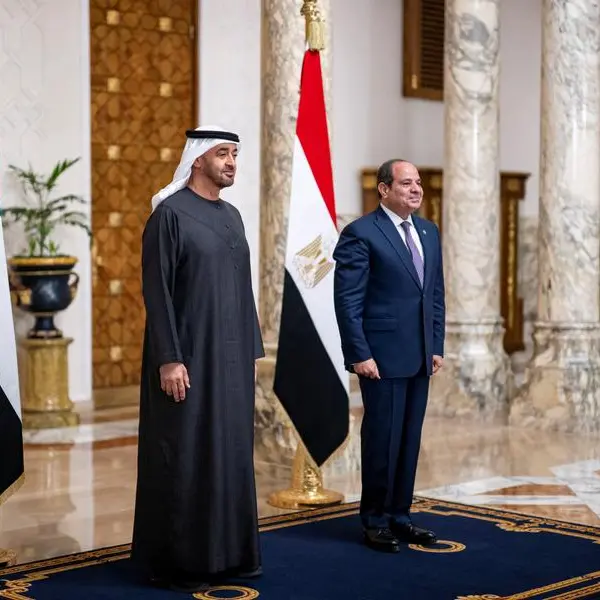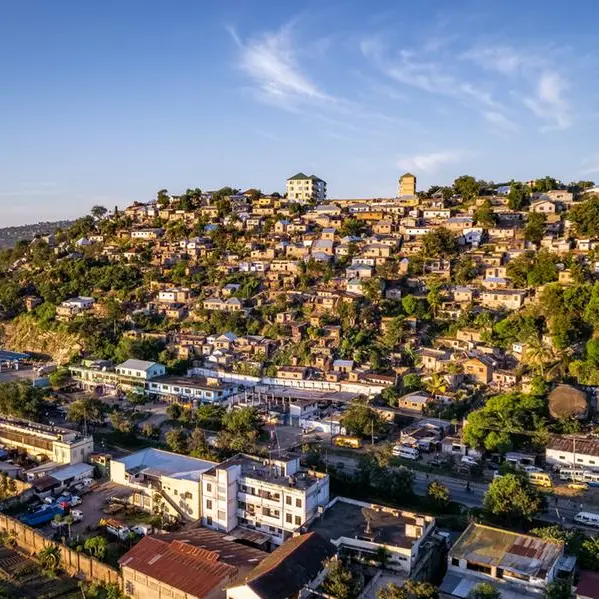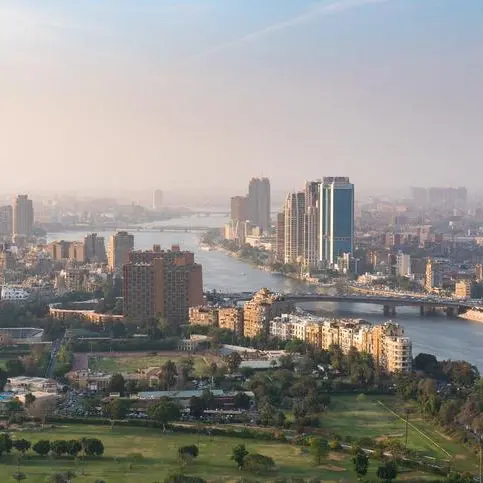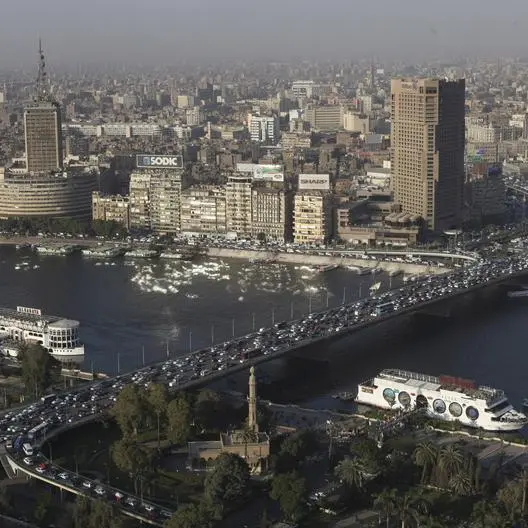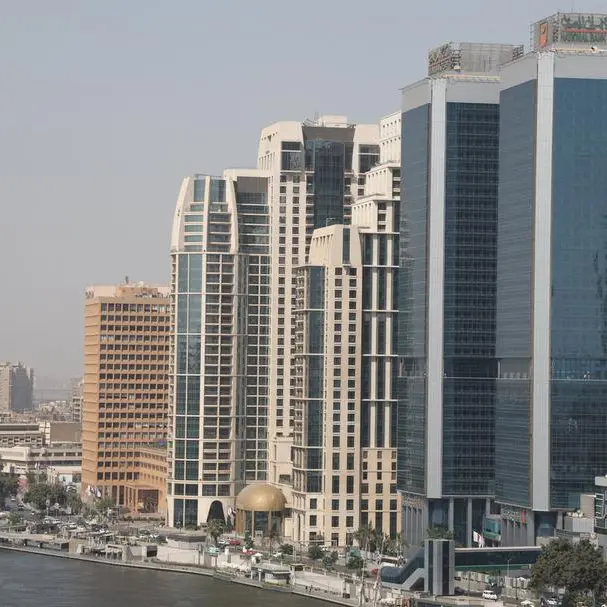PHOTO
A massive food deficit in the Arab region could be slashed by more than 60 per cent by 2030, according to an Arab League expert.
The region spends $35 billion annually on importing produce due to a lack of homegrown crops and fertile land for grazing livestock.
However, Arab countries are investing $92bn to develop their own sources, said Arab Organisation for Agricultural Development director general Professor Ibrahim Ahmed El Dukheri.
He added climate change and regional unrest also disrupted local food production, the lack of which was described as a potential security threat.
“One parameter of concern when it comes to food security in the region is actually the volume of food products imported to the Arab region, which amounts to approximately $35bn,” he said.
“That in a sense is a huge burden on food security and we even list it along with the national security of the Arab region.
“But there is a programme that was put together by Arab leaders, which has three phases – the first phase ended last year, the second will end in 2021 and third in 2030.
“This programme has a portfolio of $92bn investment in the Arab region to contribute significantly to the reduction of the import bill in the region.
“So far everything is on track, but we need to enhance this as 2030 is not very far off and by the end of that time we expect imports in the Arab region to reduce by more than 60pc.
“That will then ensure food security in the Arab region.”
Prof El Dukheri was speaking to the GDN on the sidelines of the signing of an agreement between the United Nations Industrial Development Organisation’s (Unido) Industrial and Technology Promotion Office (ITPO) and the Arab Organisation for Agricultural Development in Bahrain yesterday.
It aims to support the development of agricultural entrepreneurs in the region and was signed by Unido ITPO Bahrain head Hashim Hussein and Prof El Dhukeri at Unido’s office, in Seef.
Prof El Dukheri described climate change as “the major challenge” to agricultural production in the region.
“Most of the investment in that $92bn portfolio is basically coming from the GCC, contributing to the vision of the Arab League,” added Prof El Dhukeri.
“Still, we need to do more as the population is growing and the productivity of the natural resources is depleting.
“The challenges and burden are also mounting, so we need to hasten our engagement to the greatest extent possible and co-ordinate our efforts.
“We as Arab nations have a number of thematic areas – development of the rural sector, enhancement of agricultural technology to be deployed in the region and finally to enhance the productivity per unit area – and this requires some kind of regional and global partnership.
“This is what we are looking for and the agreement that we signed with Unido is one such effort.”
Dr Hussein said the agreement entailed using Bahrain’s model of entrepreneurship to support regional agricultural development.
“We aim to support entrepreneurs in agro-business, from farming to agro processing, using the Bahrain model,” he said.
“This includes capacity building, mentoring and counselling the entrepreneurs, bringing the right technology in the field – mainly on farming and processing, which will have a value-added impact on productivity.
“The deficit we have for food security in the Arab region is around $40bn annually, so this partnership will play an important role in job creation, diversifying the economy and ensuring food security.”
© Copyright 2018 www.gdnonline.com
Copyright 2018 Al Hilal Publishing and Marketing Group Provided by SyndiGate Media Inc. (Syndigate.info).
